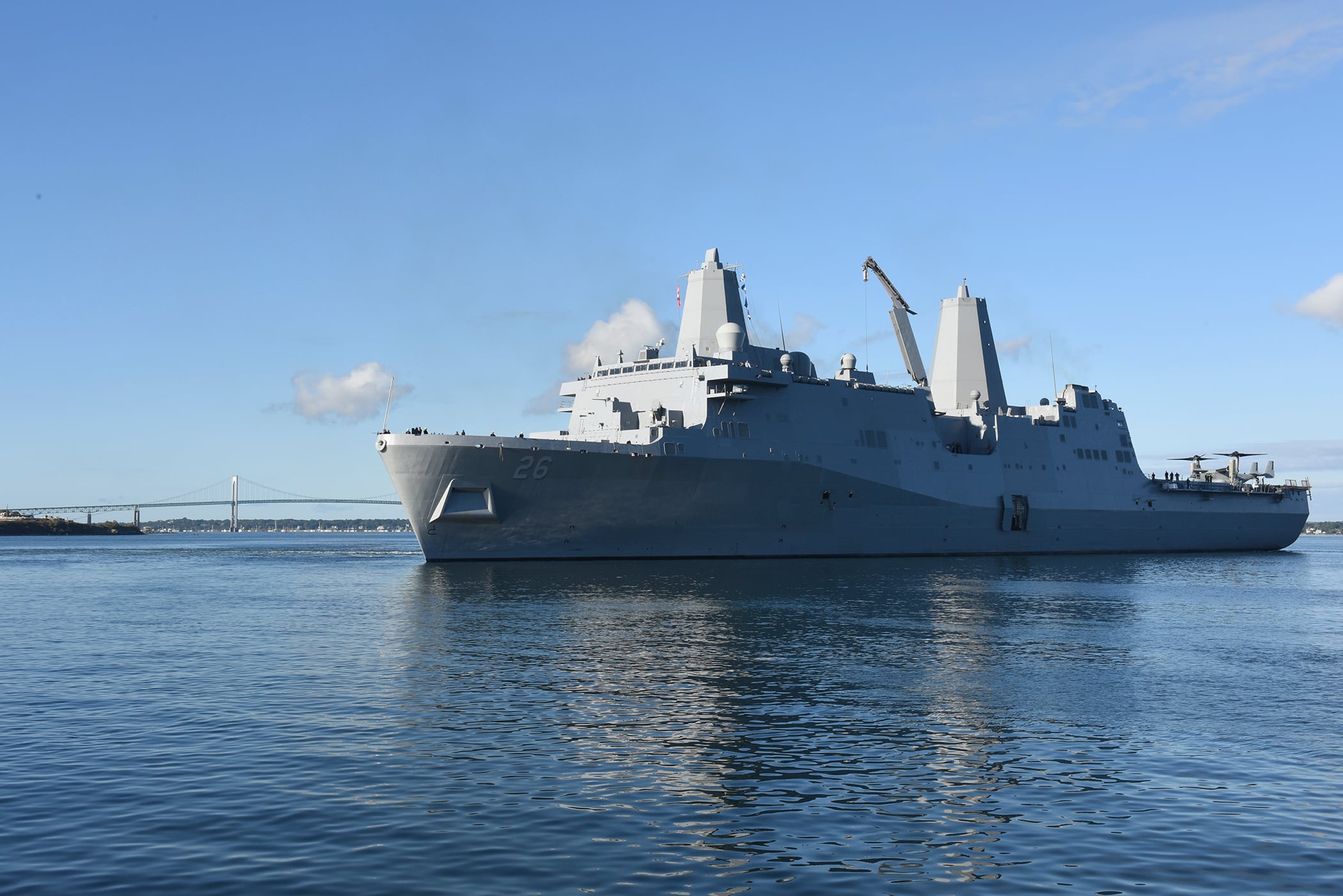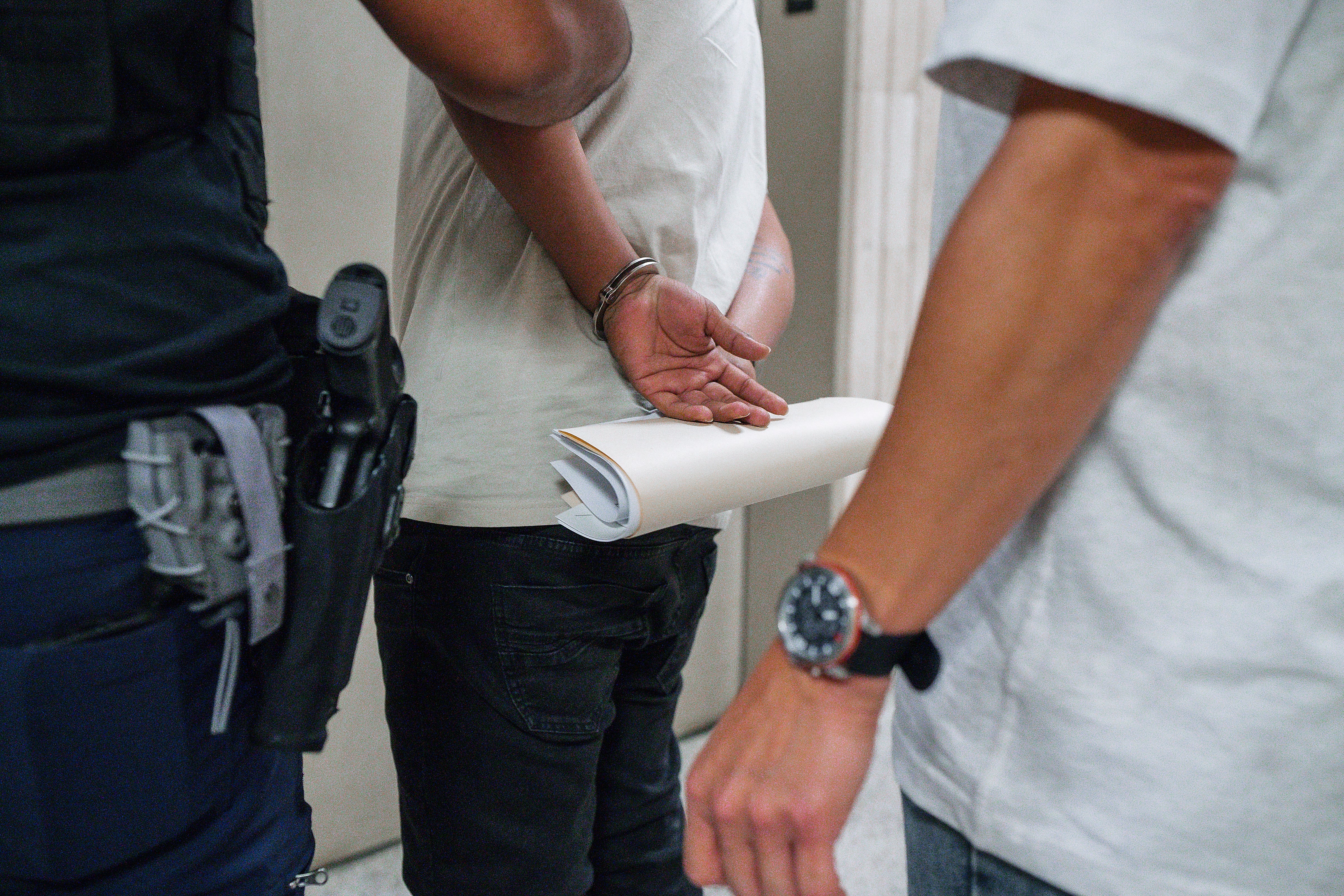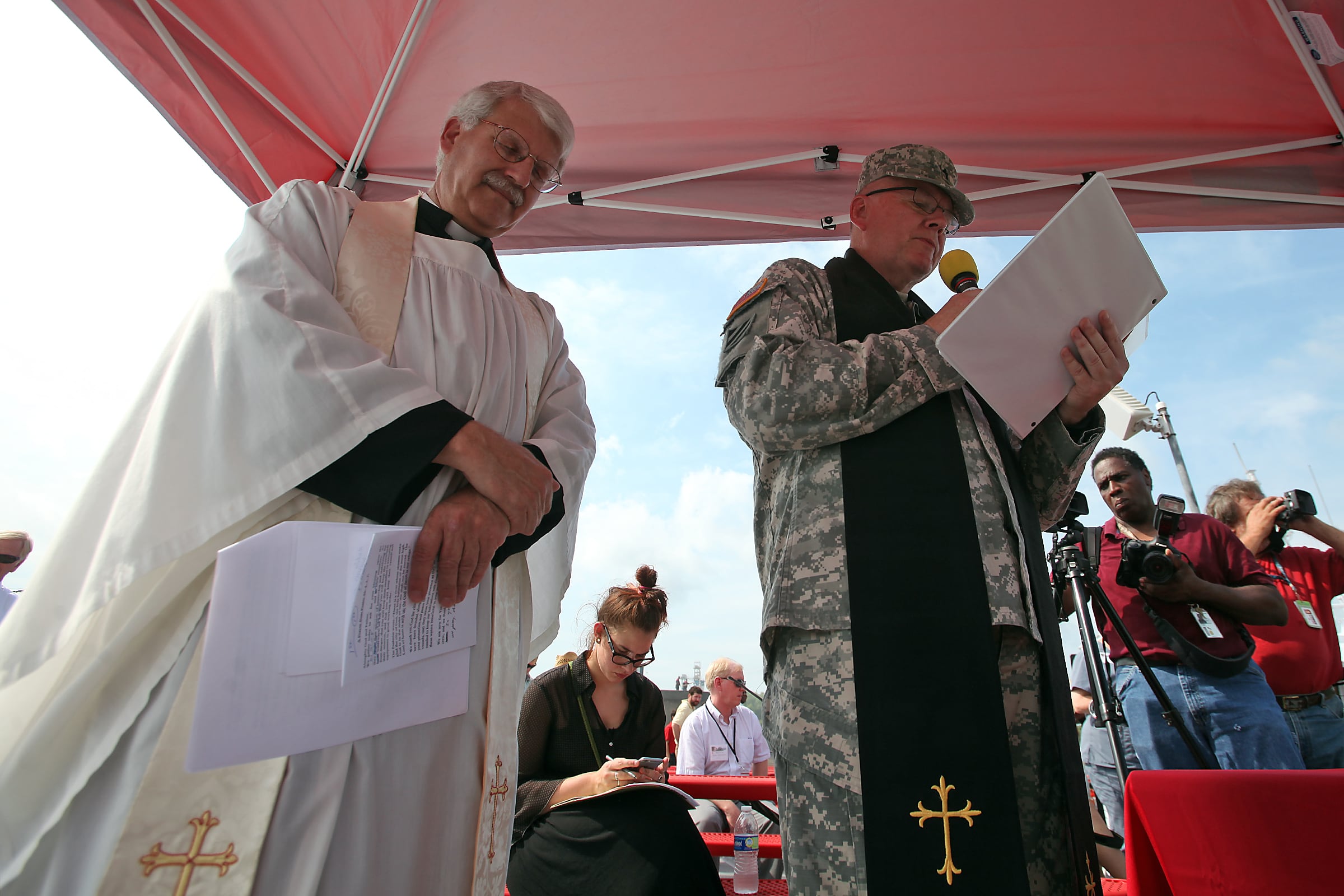Chief of Naval Operations Adm. John Richardson welcomed the group Wednesday, telling them the fundamental purpose for the meeting is to communicate with each other. He said the forum is needed now more than ever.
"We're all here to build, expand and strengthen our individual and collective network of partnerships," he said. "I would propose that in an increasingly crowded maritime environment, in a world in which the pace of operations is increasing rapidly, it's tremendously important that we build the trust and confidence across our navies. It's far better, when a crisis emerges, that we can exercise and mitigate the crisis based on a foundation of trust and a relationship that's mature."
Collaboration among navies ensures their collective security and stability, he added.
Adm. Luis Fragoso, chief of the Portuguese Navy, said the symposium is a "fantastic opportunity" to exchange views and learn from other navies. He said he's looking to strengthen ties with European navies he usually works with, and meet heads of navies who he doesn't know yet in Africa and the Asia-Pacific region. He hopes they can work together to combat terrorism and international criminal organizations, and address environmental problems.

The amphibious transport dock ship Pre-Commissioning Unit John P. Murtha (LPD 26) arrives at Naval Station Newport on Sept. 16, 2016, in preparation for the Chief of Naval Operations' 22nd International Seapower Symposium (ISS) at U.S. Naval War College in Newport, R.I.
The group plans to discuss collective maritime operations, cyber security and the importance of international norms and standards, among other topics. Richardson said he had already heard that two international Navy commanders who were chatting informally at the start of the symposium are now planning an exercise together. #SECNAVat #ISS22: World is a more secure and prosperous place because of the partnerships we have built. #PartnershipsMatter
U.S. Secretary of the Navy Ray Mabus said navies in attendance have already worked together to combat terrorism, deter piracy and stop weapons proliferation and illicit trafficking. He reiterated that a "global network of navies" is best suited to deter, and respond to, crises.
"The world is a more secure and a more prosperous place because of the partnerships we build here," he said.




